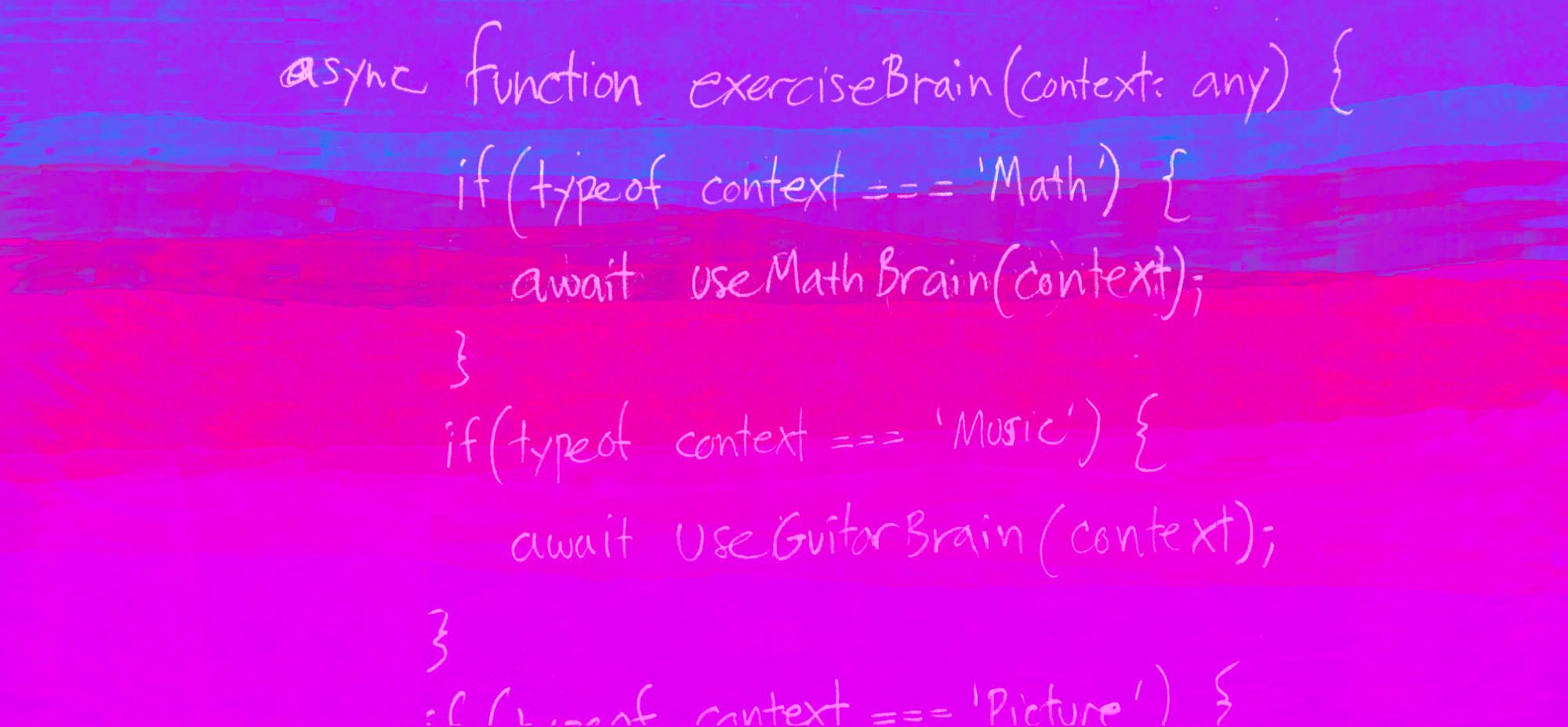- Posted on
- 7/18/2025
In Praise of Slowness

Like many developers today, I have been using the latest AI models as a coding assistant. Mostly, I have been using Cursor, but I’ve dabbled with a few others. I try to stay away from “vibe coding”, which to me implies that you delegate pretty much everything to the coding agent, and just go by feel. It is really important to actually understand what the agent is doing. This means going a bit slower, so you actually read through everything it has done, and when it doesn’t make sense, either ask the agent to explain it until it does make sense to you, or do some other research to figure it out. I have found that if you just let the agents rip, they will go off the rails pretty easily, over-engineer the system and creating greater complexity, or get caught in endless bug loops. So, working with them sometimes feels like managing an extremely fast and eager senior developer that you have to constantly be reining in, like a self-driving car that wants to put the accelerator to the floor. Woah buddy! Writing software with a coding agent often feels like my main tool is working the brake pedal.
Recently, there has been some talk and I believe at least one study about the negative effects of heavy AI usage. The gist of these concerns is that with heavy usage of these tools, your own intellectual capabilities begin to deteriorate. When I work with these agents, I would tell myself that I am reading everything and making sure that I understand what is being written before committing it. And this is true. But, there is a difference between reading and writing. Writing is much harder, and engages our minds in a much deeper way.
So, I decided to try an experiment. For this week, I chose not to use an agent at all for my coding tasks. I would write everything from scratch, and reason through everything on my own, not even consulting the AI agent for advice or rubber-ducking. I was disturbed to find that the results were noticeable. I noticed that whenever I got stuck or had some uncertainty, I could feel the dopamine telling me to go ask the AI, or get it to solve the problem for me. Though I don’t have a way to measure my own speed at coding, I felt that my speed had dropped. I got stuck on problems for hours, going back and forth on various design decisions. Moderate problems now seemed hard. Did I break my brain with AI? Yikes!
Another noticeable thing happened though. After a few days, my speed and flow started to increase. I could feel my old proficiency coming back. It was a good feeling. It was then that I realized the obvious. Your brain is like a muscle. If you don’t exercise it, it will start to get weak.
It is not possible for me to write code as fast as an AI, any more than I can run as fast as a car. And the AIs will only get better. Using them can get projects completed much more rapidly, even with their faults. However, there is most definitely a cost. In a way, this is nothing new. In our modern world, with cars to get us around faster than we could by walking, we now have to carve out time in the day to maintain our body, to prevent it from deteriorating. I am going to guess that “going to the gym”, or “working out” was probably not a common activity for most people 200 years ago (I could be wrong though, historians are welcome to chime in here) - but now daily exercise is a must.
So too in the age of automated thinking, I am making sure to deliberately find the time to slow things down periodically. Turn off the AI, and think things through with my own slow wetware. Write that code by hand. Multiply those matrices on paper. Memorize those scales on the fretboard. Draw that picture in pencil, or paint that picture with oils.
Just as we don’t actually have to let our bodies turn into mush because of automated transportation, so too do we not need to let our brains turn to mush just because there is a faster way to think.